2024 Energy and Climate-Tech Innovation Policy “Boot Camp” for Early Career Researchers



Purpose
George Mason University’s Schar School of Policy and Government and the University of Maryland’s Center for Global Sustainability will host the 2024 energy and climate-tech innovation policy “boot camp” for early career researchers on June 2-7 in Washington DC. The Mason-Maryland boot camp’s main purpose is to strengthen researchers’ understanding of how energy and climate-tech policy is made, so their research has greater impact on real-world clean energy and climate innovation outcomes. It is supported by the Alfred P. Sloan Foundation.
The participants will engage in face-to-face discussions with key players shaping the energy and climate-tech policy landscape in the United States. These discussions will span Congress, the executive branch, international organizations, NGOs, businesses, and other players. The 2024 event will build on the success of prior boot camps in 2019 and 2022. The Bipartisan Policy Center’s Energy Program will partner with Mason and Maryland to assist in the creation of a high-quality program.
Professor David M. Hart of the Schar School is the boot camp’s director. Kathleen M. Kennedy of the Center for Global Sustainability, a 2022 boot camp participant, is the boot camp’s co-director. A distinguished panel of scholars serve as the boot camp’s advisory committee.
Participants
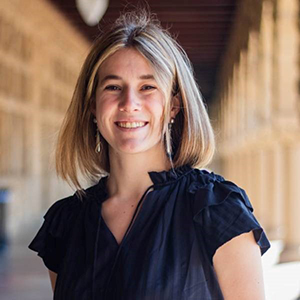
Abigail Andrews
Abigail Andrews is a Post-Doctoral Associate at Edward J. Bloustein School of Planning and Public Policy’s Center for Urban Policy Research. Abigail researches the design and evaluation of urban decarbonization policy. She is interested in interdisciplinary approaches for climate change mitigation at the building and urban scale. Abigail received her PhD in Civil and Environmental Engineering at Stanford University.
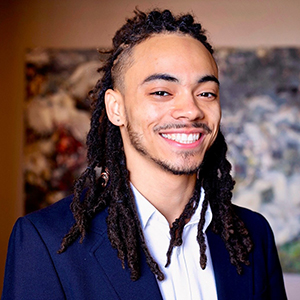
Dominic J. Bednar
Dr. Dominic J. Bednar is an Assistant Professor at the University of California, Irvine’s School of Social Ecology in the Department of Urban Planning and Public Policy. He is also the Co-Founder of Black in Environment, a non-profit that celebrates Black Environmentalist globally through an annual week of programming during Earth Week.
His research examines the institutional barriers of energy poverty recognition and response in the United States and explores the spatial, racial/ethnic, and socioeconomic patterns of residential energy affordability, consumption, and efficiency. Their research also explores equitable and just pathways towards decarbonization and clean energy workforce development in Black and Brown communities. His body of work promotes ongoing policy analysis and program evaluations to improve community health and to effectuate a just energy transition.
He completed his Ph.D. in Environment and Sustainability at the University of Michigan’s School for Environment and Sustainability concentrating on Energy Justice.
Dr. Bednar holds a BS in Civil Engineering from the University of Maryland and a MS in Natural Resources and Environment (Sustainable Systems) from the University of Michigan. He has been recognized as an Imagining America Publicly Active Graduate Education Fellow (PAGE), Fulbright Scholar, Ford Foundation Predoctoral Fellow, Bouchet Graduate Honor Society member, Rackham Merit Fellow, and GEM Fellow.
Dr. Bednar is committed to fighting climate change by interweaving academic research on residential energy injustices in a way that engenders community engagement and co-development of innovative and impactful solutions.
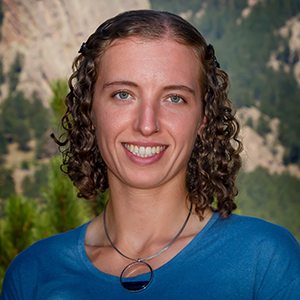
Constance Crozier
Constance is an Assistant Professor at Georgia Tech ISyE. Her research lie in operation and control of power systems with high levels of renewable energy and electrification. She got her PhD at the University of Oxford, and subsequently spent time in both the UK government and at CU Boulder. More info can be found here.
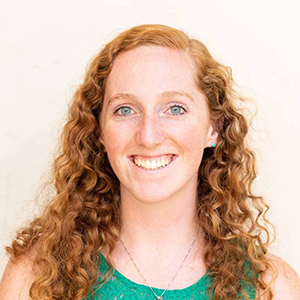
Jacqueline A. Dowling
Jacqueline A. Dowling (Jackie) is a postdoctoral fellow at Carnegie Institution for Science modeling decarbonization pathways co-advised by Steve Davis and Ken Caldeira. She earned her doctorate in chemistry at Caltech with a minor in environmental science and engineering advised by Nate Lewis. Jackie combines techno-economic analysis with materials chemistry to advance long-duration energy storage in reliable wind and solar electricity systems (View Jacqueline A. Dowling’s website here).

Florian Egli
Florian Egli is a tenure-track Assistant Professor at the Technical University of Munich where he builds up the group of Public Policy for the Green Transition. His research focuses on financing and political economy dynamics in the transition.
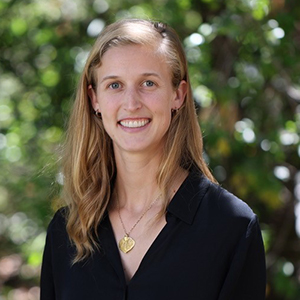
Lyssa Freese
Lyssa Freese is a Postdoctoral Research Fellow at the Carnegie Institution for Science. Her research lies at the intersection of climate change, air quality, and the energy transition, as she aims to better inform the transition to a zero-emissions energy system as well as mitigation and adaptation to climate change and air pollution. She obtained her Ph.D. in Atmospheric Chemistry at MIT and previously worked for environmental think tanks in both Washington, D.C., and Beijing.
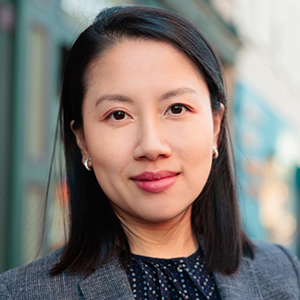
Weila Gong
Weila Gong is a Postdoctoral Research Fellow with the Environment and Natural Resources Program (ENRP) and Science, Technology, and Public Policy Program (STPP) at Harvard Kennedy School’s Belfer Center for Science and International Affairs. Her research focuses on unpacking the institutional and political forces shaping climate policymaking and implementation at different levels of government, as well as the just transitions in the shift away from coal across China, the United States, and the European Union.

Erick C. Jones Jr.
Dr. Erick C. Jones Jr. is an Assistant Professor in the Industrial, Manufacturing and Systems Engineering Department at UTA and the founder and director of the Sustainable and Equitable Allocation of Resources (SEAR) Lab. Jones’ research mission is to advance the clean energy transition by developing technologies and decision-making tools, measuring its progress, and implementing systems in the field to serve as reproducible examples and provide immediate community benefits. His background in oil and gas and engineering design gives him a unique perspective on the opportunities and challenges of the energy transition especially in energy technologies, infrastructure, and supply chains.

Jordan Kern
Dr. Jordan Kern is an Assistant Professor in the Department of Industrial and Systems Engineering, with graduate faculty appointments in Operations Research, and Civil, Construction, and Environmental Engineering. His group’s research tries to advance optimal design and management of low-to-zero carbon energy systems, with a special focus on: 1) building high resolution models of bulk electric power systems; 2) simulating system dynamics under uncertainty and stress; and 3) informing optimal decision making around capital investment and short-term operations.
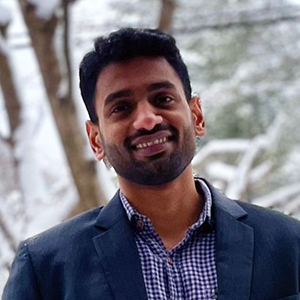
Sanjeev Kumar
“As an engineering and climate science professor, I spearhead a team focused on technology-driven solutions for climate change, particularly targeting policy implementation and underserved communities. By prioritizing responsible materials research and interdisciplinary collaboration, I strive to understand and address the social impact of environmental initiatives, ensuring equitable outcomes for all”.

Qian Luo
Qian is a postdoctoral researcher working in the interdisciplinary field of energy system, air quality, and public health. By linking air quality modeling and energy system models and analyzing impacts of various regulations or policies on the energy system and the environment, she tries to provide insights on how to effectively decarbonize energy systems, while increasing overall social benefits. She received her Ph.D. degree in environmental engineering from the department of Civil, Construction, and the Environment at NC State University in 2023.
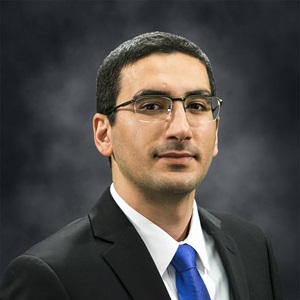
Amin Mirkouei
Dr. Amin Mirkouei is an Associate Professor at University of Idaho, Forbes sustainability contributor, certified Professional Engineer (PE), and experienced Technologist. He has over 12 years of experience contributing and leading cross-disciplinary projects in decarbonization technologies, renewable materials, sustainable design and manufacturing, cyber-physical control and optimization, and operations research, particularly renewable fuels, green chemicals, and rare earth elements and minerals from various resources, such as biomass feedstocks, plastics wastes, e-wastes, and animal manure. Currently, He is an affiliated faculty in Industrial Technology, Technology Management, Mechanical Engineering, Biological Engineering, Computer Science, and Environmental Science programs at University of Idaho, reflecting the interdisciplinary nature of his funded projects.

Anurag Panda
Anurag Panda is a postdoctoral research fellow at the Harvard Kennedy School.
His research interest is to understand technology innovation processes with the aim of advancing low-carbon and sustainable development technologies.
He received a PhD in semiconductor materials science and engineering.
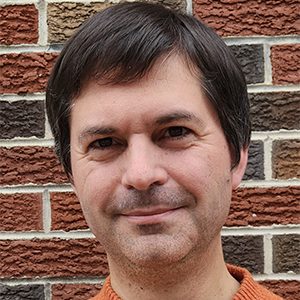
James Rising
James Rising is an Assistant Professor at the School of Marine Science & Policy. Dr. Rising studies the economics of environmental policy, with an emphasis on risks from climate change and human-natural complex systems. Prior to joining UD, James was a researcher at the Grantham Research Institute at LSE and held postdoctoral positions at the Energy & Resources Group at UC Berkeley and the Energy Policy Institute at the University of Chicago.

Felix Schenuit
Dr. Felix Schenuit is a Research Associate at the German Institute for International and Security Affairs (SWP). He’s part of the SWP’s Research Cluster on Climate Policy and Politics, where his research focuses on carbon management at the interface of climate and industrial policy. He is a political scientist by training and received his Ph.D. from the University of Hamburg. He has been a visiting researcher at the University of Melbourne and the International Institute for Applied Systems Analysis (IIASA), working on bridging political science and integrated assessment modeling.
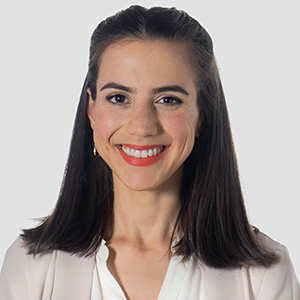
Roxana Shafiee
Roxana Shafiee is an interdisciplinary scientist and researcher examining whether energy policies are backed by the best available science and technology research. Roxana is currently an Environmental Fellow at Harvard University and holds a PhD from the University of Oxford. Further information regarding Roxana’s research can be found on her website.
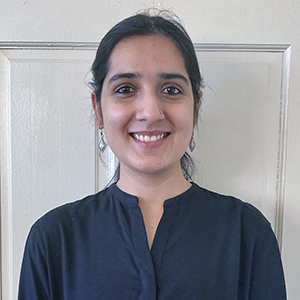
Anjali Sharma
Dr. Anjali Sharma is an assistant professor at the Centre of Policy Studies at the Indian Institute of Technology (IIT) Bombay in India. The aim of Anjali’s work is to inform just transition pathways for low-carbon transitions. She is particularly interested in exploring how developing countries can meet their development goals while pursuing ambitious climate action.

Esther M. Shears
Esther researches the role of public institutions in climate policymaking. She is particularly interested in how institutions across different policy sectors (particularly energy innovation) manage and implement green industrial policy. Esther received her PhD in Climate Policy from the Energy and Resources Group at UC Berkeley in December 2023.
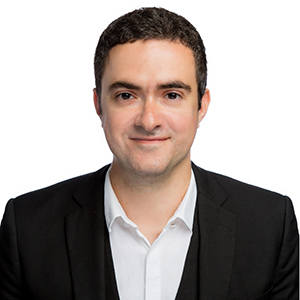
Constantine Spandagos
Dr. Constantine Spandagos is an Assistant Professor of Sustainable Energy Policy at the University of New Hampshire, and the founder and director of the Spandagos Lab. He is interested in just transitions of energy and social systems, and how these are affected by emerging technologies, policy development and human behavior at the individual and community levels. By combining engineering, economics, data science and social science methods, he develops interdisciplinary, state-of-the-art tools to effectively guide policy-making towards a sustainable and just energy future for all, in the US and abroad. Dr. Spandagos holds Ph.D. degrees in Chemical Engineering and Civil Engineering- Energy Technology from Imperial College London and HKUST.
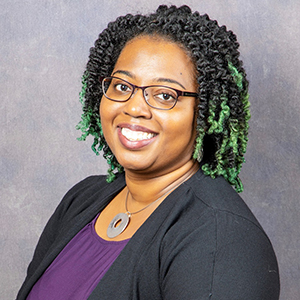
Mila Turner
Dr. Mila Turner is an environmental sociologist, educator, and thought leader. Her primary research specializations are environmental and climate justice and involve the study of how social inequalities intersect with environmental conditions including hazards and extreme events. She centers her analyses within broader conversations about the impacts of environmental transitions on vulnerable populations.
